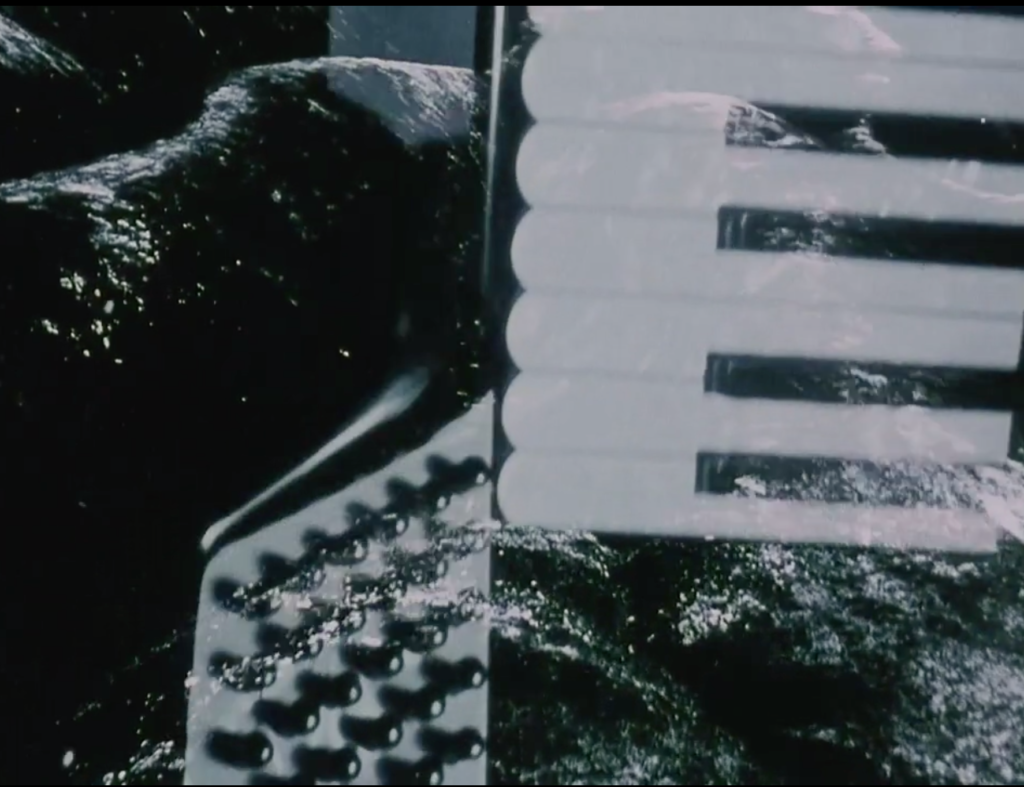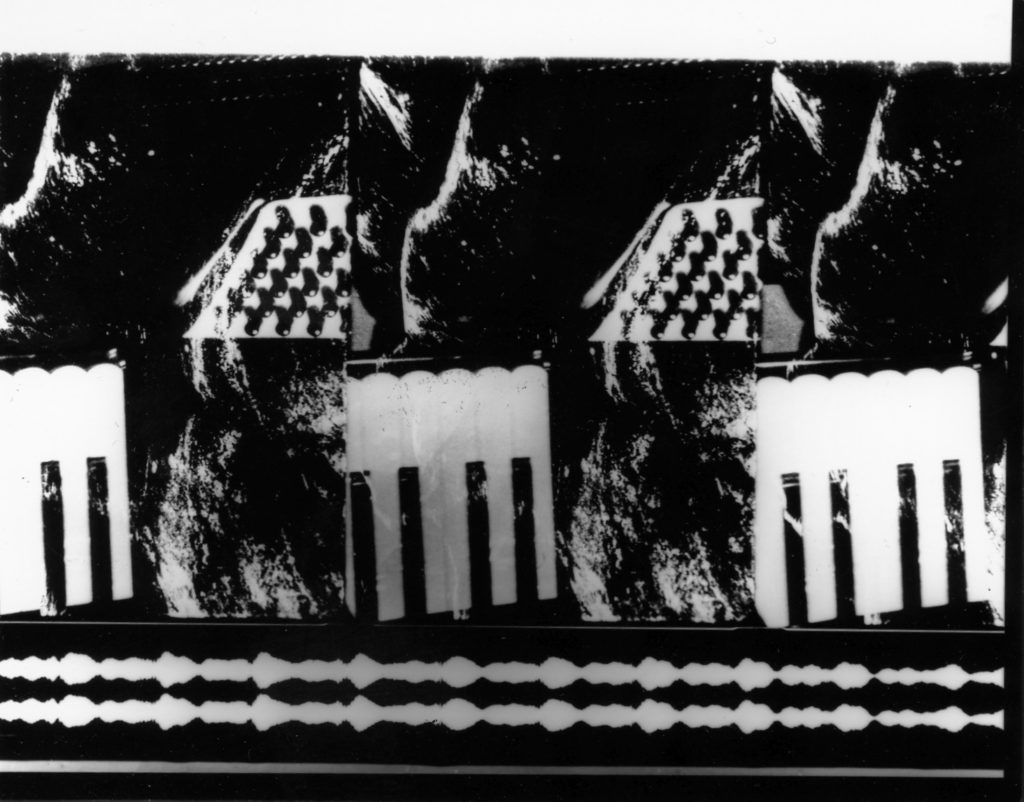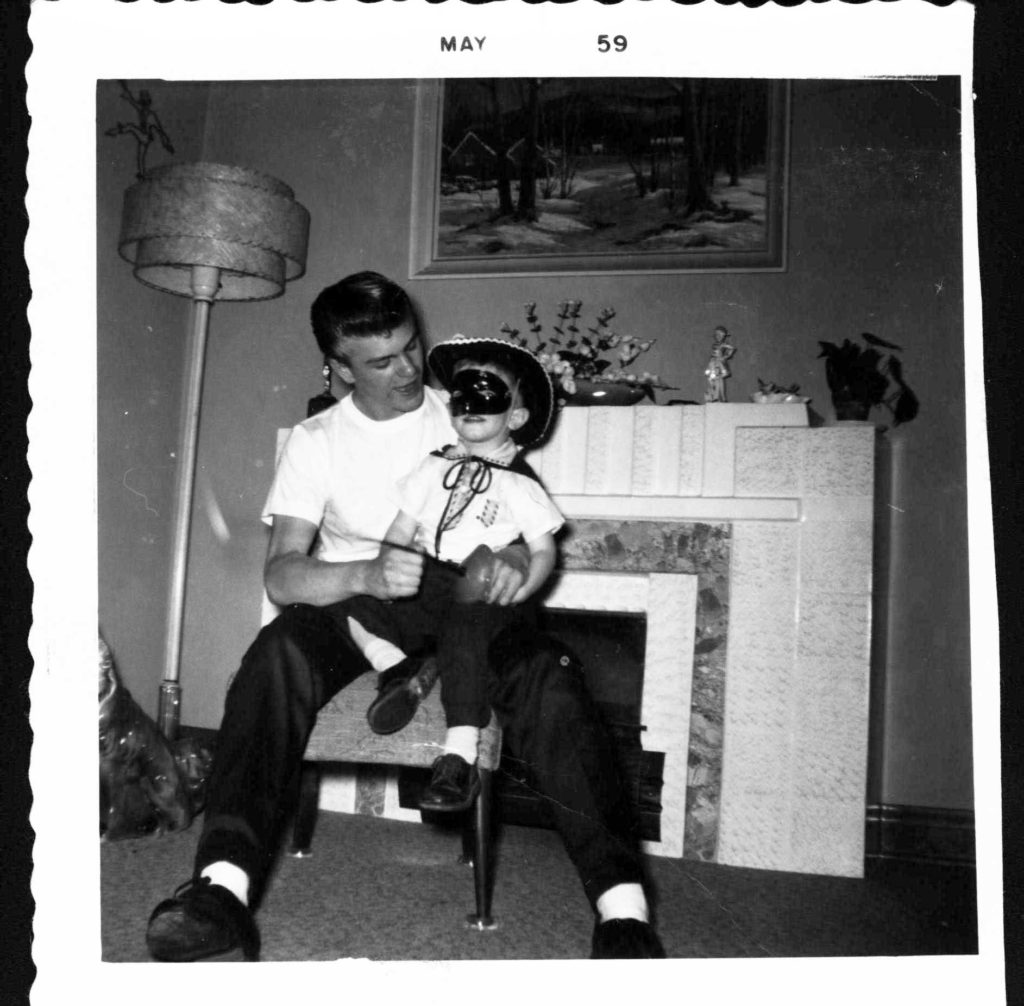(16mm, 43 minutes, 1988)
Director, Producer, Writer, Cinematographer, Editor: Philip Hoffman
Music and Sound: Tucker Zimmerman
Narration: Christopher Dewdney, Marian McMahon, Philip Hoffman
excerpt from passing through/torn formations play preview
“passing through/torn formations accomplishes a multi-faceted experience for the viewer—it is a poetic document of Family, for instance—but Philip Hoffman’s editing throughout is true to thought process, tracks visual theme as the mind tracks shape, makes melody of noise and words as the mind recalls sound.” (Stan Brakhage)
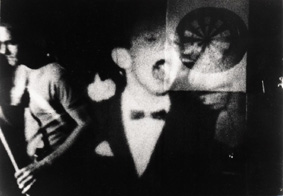
“Philip Hoffman’s passing through/torn formations is a wide open ramble through the labyrinth of memory, considered primarily as a family affair. The film deals with the life and history of Hoffman’s Czech-born mother and her family, presented as a kind of polyphonic recitation—of words, of images and of sounds. Hoffman’s control of his materials is exciting and demanding, to the point at which parts of the film become almost too richly orchestrated to be taken in… But this profusion is simply the bounty with which this gifted young filmmaker has to work. Like Hoffman’s Genie-nominated ?O,Zoo!, passing through is a film to weigh in the mind, to ponder, and to celebrate as an example of the vigorous work Canadian experimentalists can produce.” (Robert Everett-Green)
“passing through/torn formations extends from Eastern Europe and back again—an unravelling tapestry of family relations that speaks of migration and translation.” (Marian McMahon)
passing through uncovers the history of Hoffman’s mother’s family, their tangled relationships and the reasons they made the passage to Canada from their home in Czechoslovakia. The course of his investigation takes him back to the Old Country to meet relatives who remained in his ancestral village. Hoffman reveals the lingering effects of war and epidemic, and displacement and migration that have persisted over generations, like the insistence of the repetitive notes of Tucker Zimmerman’s accordion-based score. The inference in passing through is that a perpetually conflicted Canadian identity may be as much the result of traumas experienced by its immigrant population as the French-English split; histories which leave an important segment of the population unbalanced and unable to assert itself in public life.” (Chris Gehman)
“Generally regarded as Hoffman’s masterpiece to date, passing through/torn formations wends its way through the often painful and contradictory relations of one side of his family. Moving back and forth between Canada And Hoffman’s mother’s homeland in Czechoslovakia, the film uncovers the lingering effects of war and epidemic, displacement and migration.” (Chris Gehman, Images Catalogue, 2001)
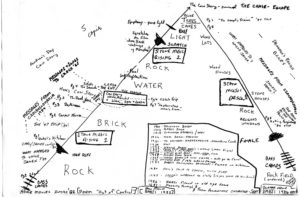
“Philip Hoffman’s sensitive and very impressive passing through/torn formations continues to show why, in the second half of the decade, Hoffman has emerged as one of the most interesting filmmakers of the Canadian avant-garde. Passing through represents a new maturity for a filmmaker who only a few years ago seemed merely promising. The film is a multi-layered (both in the image and soundtrack) examination of memory, time, death and our understanding of the past and how it affects our experience of the present. A highly reflective work, it investigates how the filmmaking process manipulates and distorts the world around us. Hoffman’s film raises important questions about how we deal with experience through art.” (“Recent Films from Canada” by Mario Falsetto, Experimental Film Congress Catalogue, 1989)
“The film does not record the journey in a linear way. The elements of the journey are strained through the mind, using the mechanics of memory and the imagination as a basis for the form. And this was the strategy I followed to construct characters as well throughout the film. Family members from Canada and relatives from Czechoslovakia are not easy to identify because their identities continually shift and slide. These characters are transferable throughout the film, for instance, you see an image or images of a certain person and there is a voice-over with this person. Later on in the film different voices are attached to the image of the person earlier seen. It’s a way of avoiding the conventional approach to character construction whereby the character’s identity gets pinned down and there’s less work for the audience. I tried to make a form that allows the viewer to participate in the construction of the characters. As well, this method takes the emphasis off individuals. the family exists more as a whole, albeit a tumultuous whole.” (Philip Hoffman, Cantrill’s Filmnotes)
“I was speaking earlier with John about the differences in our films. I think my film is about family, rather than narrating a family, while I thought Beirut: The Last Home Movie was an attempt to look at a family that is trying to be together. passing through/torn formations looks at a family blown apart by the migration from Czechoslovakia to Canada, the collision between old world and new.
I constructed the film layering image and sound, superimposing pictures, overlapping voices on the soundtrack. This technique liberates the narrative, so that it becomes difficult to be drawn into any one particular character. In this way I can deal with family dynamics and structure as opposed to ‘personalities.’
passing through/torn formations is an extension of ?O,Zoo! in its fragmentation and playful storytelling, though it looks quite different. There are many superimpositions, sometimes three images overlap. The sound is the voice of the diarist, the filmmaker, in combination with several other family voices and this, I think, makes the voices like music, rather than information. It is impossible for you to understand all of the intricacies of the narrative, but I made it like that so the voices accumulate like a tone, moving with the music towards the end of the film. (Philip Hoffman, Independent Eye)
SCREENINGS & AWARDS (selected)
S8 Mostra de Cinema Periferico, Coruña, Spain, 2018 VISIONS at Cinematheque Quebecois, Montreal, 2016 DocPoint Helsinki Documentary Festival, Helsinki, 2016 San Francisco Cinemateque, 2004 Bio Illusion Cinema, Helsinki, 1990 Canada House, London, 1990 Award of Merit, Athens Film Festival, 1989
Experimental Film Congress, Toronto, 1989 National Gallery of Canada, Ottawa, 1989 Chinsegut Film Festival, Tampa, 1989 Millenium Film Teatre, N.Y., 1988 Toronto International Film Festival, 1988 FSAC Queens University, Kingston, 1988 Images Festival, Toronto, 1988 Salso International Film Festival (premiere), Salsomaggiore, Italy, 1988 *curated by Adriano Aprà (below)
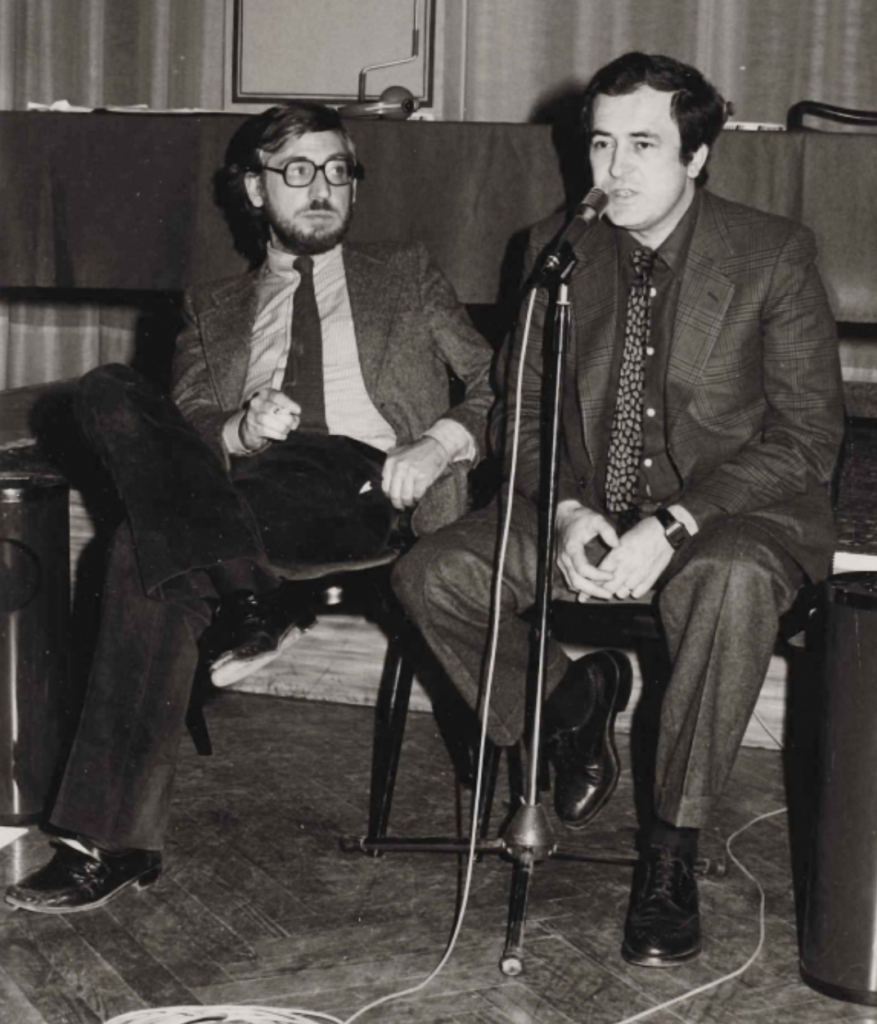
REVIEWS & ARTICLES
Circuitous Quests: Passing Through Philip Hoffman’s Family Cycle by Peter Harcourt, 2001 Circuitous Quests: Passing Through Philip Hoffman’s Family Cycle
Philip Hoffman’s passing through/torn formations, by Mike Hoolboom, Cinema Canada (magazine), July 1988
CKLN Interview with Cameron Bailey, March 1988
Passing through by Gary Popovich
passing through/torn formations and the Performative Documentary, by Robert Carl Craig, February 29, 2004
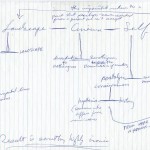
DISTRIBUTION
Canadian Filmmakers’ Distribution Centre
401 Richmond St. W., Suite 119
Toronto, Ontario, Canada M5V 3A8
416-588-0725 bookings@cfmdc.org
www.cfmdc.org
Canyon Cinema
145 Ninth St. #260
San Francisco, CA, USA. 94103
415-626-2255 films@canyoncinema.com
www.canyoncinema.com
